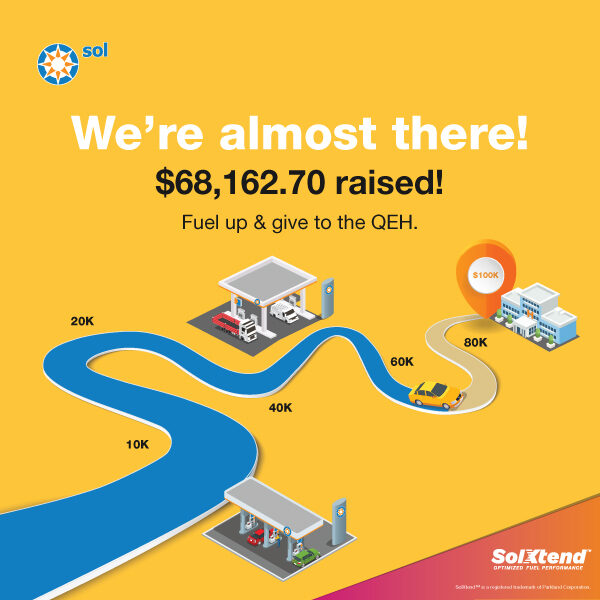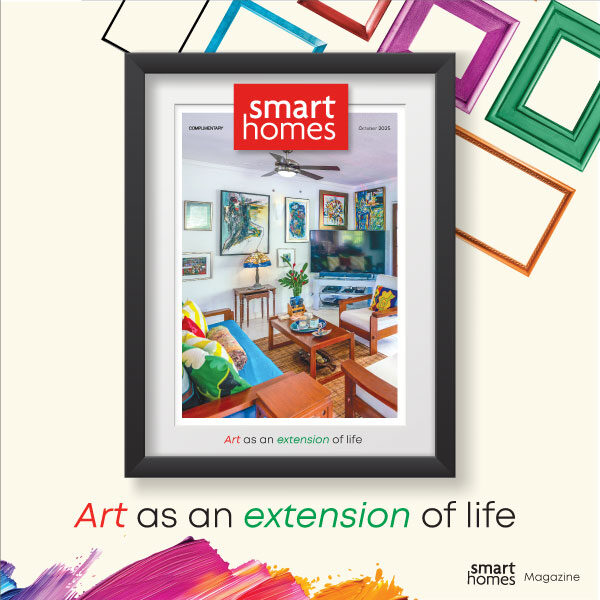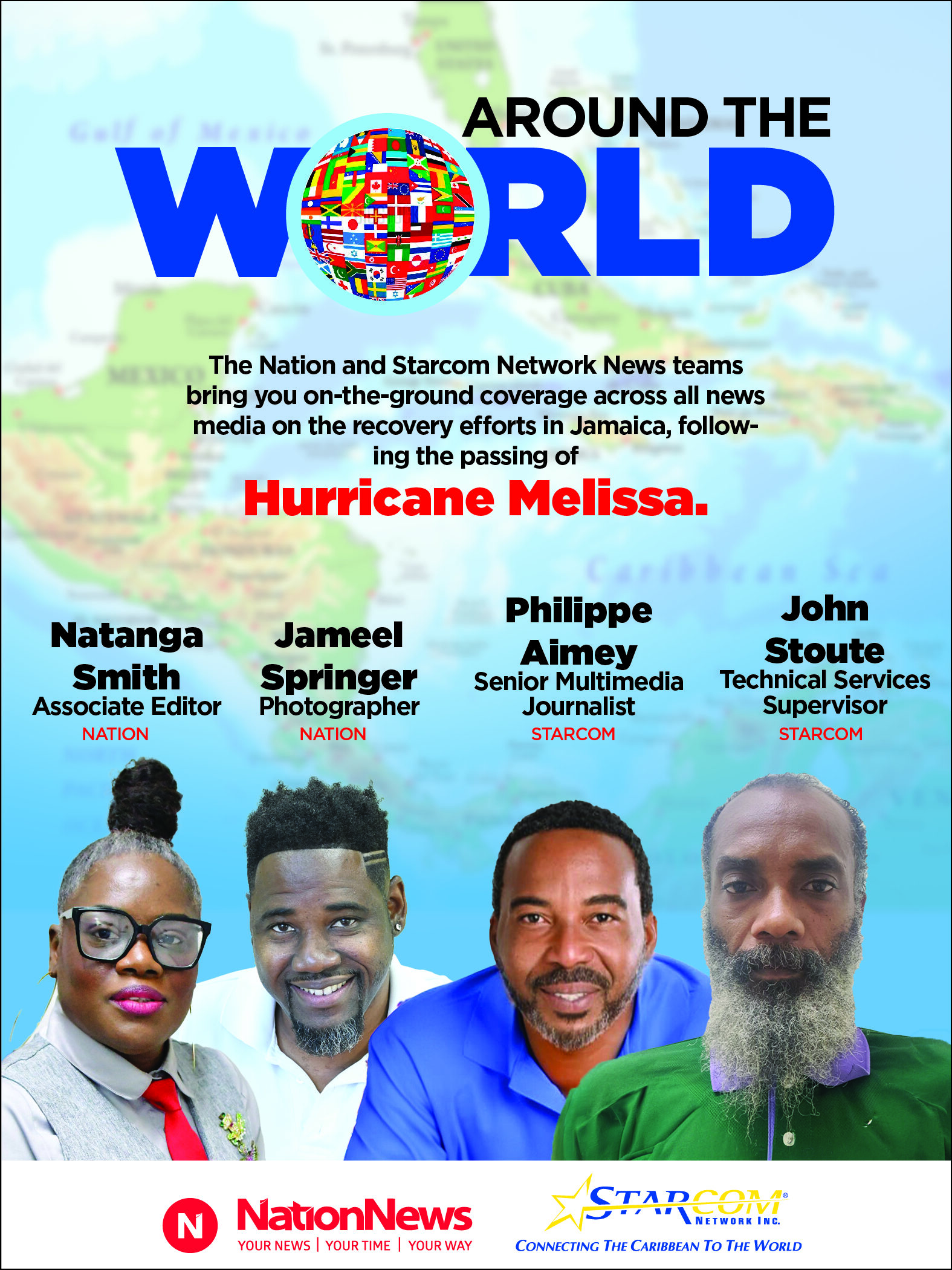How long have you been in the music/entertainment scene? I have been in the music industry since I was a student at the Alleyne School. I entered NIFCA while in fourth form and continued doing so for 11 consecutive years. I also started performing in the hotel circuit at around age 15 or 16.
When did you figure out soca/calypso was the path you are going to take? In 2003. I began as a writer and arranger for the Junior Monarch competition. I fell in love with the art form and decided to sing it in 2006.
When would you say people started to take notice of you? I would say I had a few supporters from the time I began but I think people really started to take notice of me in 2010. That was my first Pic-O-De-Crop Finals.
What is the lowest you have ever been in your career? To be honest, 2009 when I didn’t make it out of the preliminary stages of competition. However, that disappointment turned quickly into a blessing when I was able to write the winning song for Anita Charles in the Junior Monarch Competition in that same year. I used that year to get my act together for the following year. Since then I have been able to remain focused and become a finalist every year.
Hardest lesson you have learnt as a female in the music industry? Self identity is very important. It is OK for a male to be mentored by another male and perform like them, even sing like them. We have a few Gabbys and RPBs out there who are embraced. It is not a bad thing at all because both Gabby and RPB are legends, but as a female don’t you dare take too much from your mentor because it will be noted.
What is your most memorable moment? Representing my country in the regional female calypso competition in Montserrat in 2012 and 2014 and being crowned on both occasions. To be a part of a competition where I was the only one who had never won a crown at home was very intimidating. Amongst them were 22 crowns at both junior and senior level competition so I sat and I learned from each of them during rehearsals. Since those competitions I’ve been writing and arranging for some of the ladies and for others in their islands.
As a female artiste how important is image to you? I have always been a conservative dresser. I am on stage to show my talent and nothing more and I am very aware of my body type. I like looking classy and decent so I work with local designer Pauline Bellamy to help me portray that image. Most importantly, I work with young calypsonians who are definitely looking up to me therefore I must set high standards.
What is your focus now in terms of your career? To become a better artiste and teacher. I want to focus on producing more high quality music as well as create more opportunities for myself outside of Barbados.
As an entertainer any risks that you took that paid off or didn’t paid off? I take risks every time I sing for competition. I have my own style of writing and performing topics that are very close to my heart. I believe that the risks I take in performing such songs have paid off as I am now recognised as a passionate and forceful performer.
You have written winning songs for the Junior Monarch. Who is harder to write for? Yourself or them? It is way harder to write for the juniors because I am writing what they want to sing about as opposed to what I want them to sing. They bring topics to me which forces me to do hours of research. I then have to write in a way a child and their audience would understand. They too have to do research especially when the song is done so as to ensure that they totally understand what they are singing. It is much easier to write for myself because I know what is in my heart to say.
How do you pick competition songs? Based on what I feel. It doesn’t have to be solely on issues here in Barbados. Yes, I always want the public to be aware of current affairs so I follow world news. I also look at how the audience reacts to my work and see how I could adjust lyrics to be more impactful at the various stages of competition. For me a good competition song is one that competes outside of competition with all the other genres for airplay on the radio long after Crop Over.
Favourite song that you have in your catalogue of performing? My favourite song outside of my original work is Mercy Said No. It is definitely a reminder that regardless of whatever situation I am faced with God is never going to leave my side, so chin up and keep moving.
If it wasn’t music what would it be? I would be an architect/executive director and owner of an innovative business. I have always loved designing and drawing. I have a fantastic idea. I know someone who owns a multimillion dollar restaurant which is located in the sky. I always thought of designing a studio and theatre somewhere up there. It can work.
Finally, your song Enough Is Enough is about abuse. Why that particular topic at that time? Enough is Enough was written at a time when here in Barbados women were losing their lives to domestic violence. As a woman I needed to address this issue to make others aware that we have had enough. Women need to speak out and people need to listen to their cries for help. Too many times their voices are unheard and then they are silenced forever.



